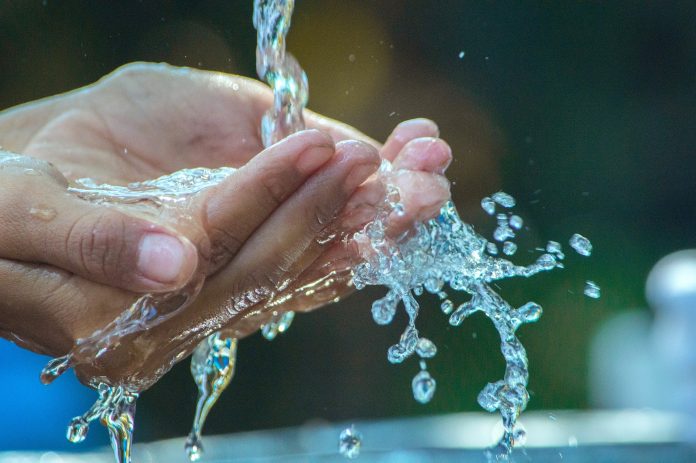We are in the midst of a coronavirus pandemic, and being told to socially isolate if we have travelled overseas recently, been in contact with anyone infected with the COVID-19 virus, or if we develop symptoms of fever or cough. We may need to physically isolate ourselves if we are at risk of infecting others, but the last thing we need to do now is socially isolate ourselves from each other.
The panic and bad behaviour around this virus, driven by fear of the unknown, the over-riding need for security, misinformation through the media and social media, and our me-first culture, is causing far more damage than the virus itself. People have been panic buying supplies to hoard for themselves, filling up freezers full of not-yet-needed food, leaving little to nothing on supermarket shelves for those who genuinely need goods now.
There has been racial vilification, blaming of nations for the disease, and using the pandemic as an excuse to act out all sorts of other less savoury aspects of human life.
In an attempt to contain the speed of spread of the virus and ‘flatten the curve’ so that our hospitals and their workers are not completely overwhelmed by the numbers of people sick at any one time during the pandemic and everyone is given the best chance of access to medical care if needed and therefore survival from the disease, we are being asked to isolate ourselves at home away from others while we are at risk or while we may have the disease, until our risk of communicating the coronavirus decreases to virtually zero.
This period of physical isolation is a time, more than ever, when people need to stay and feel connected.
Our elderly, in particular, are at home, feeling frightened and not really sure of what is going on. Now is a great time to get in touch with our elderly family members and friends, by phone or through social media if they have that capacity, to check in, see how they are, and help to counter the emotional hysteria the media is generating, by offering them facts and truth, and to see if they need support of any kind, whether that be food drop-offs, picking up a prescription for them, or just a chat and friendly reassurance that the world is still turning.
Now is the time to connect with our neighbours, whose names we may not even know, to introduce ourselves, get to know each other, exchange phone numbers, and to make plans to support each other if and when we do develop symptoms, so that we can shop for each other or offer whatever support is needed.
Now is the time to come together as communities, to shop locally, to buy fresh food from our local farmers’ markets, to support our local businesses who are struggling more than ever, as people tighten their proverbial belts in the face of uncertainty, worried they are going to lose their jobs and not be able to pay their mortgages or feed themselves.
And as health professionals, now is the time for us to be absolutely honest about our own health, physical, mental and emotional. Now is not the time for us to soldier on. If we develop a fever or cough, we need to seek medical advice and if need be, isolate ourselves and get tested, to ensure that as much as possible, our hospitals, clinics and consulting rooms are safe places for sick people to attend. We have to be even more meticulous with our hand hygiene and our general hygienic practices. We need to screen our patients before they come to see us to ensure we are not introducing disease into our workplaces, and support them to get the care they need if they do develop symptoms of the coronavirus or are at risk. And if we are struggling, for whatever reason, we need to get support, rather than thinking we have to do it alone.
Times like this challenge us all. We can continue our me-first way of living that is making us collectively sick, or we can use this opportunity to stop and take stock. Take stock of where we are at as a global society, that has led to this point. See that living selfishly, with disregard for ourselves and each other, is making us sick, and we are sick of living this way. And take the opportunity to embrace a more brotherly way of living, one that cares for us, and for everyone else, equally so.
We are one race of beings, living on the one planet, breathing the same (contaminated!) air.
We are all exposed to many viruses, every day, not just the coronavirus, but we don’t all get sick. We can live in a way that supports our health, or in a way that does not. We all know the difference. We know that eating healthy nourishing food, drinking fresh water, exercising regularly, going to bed early and getting good quality sleep, developing loving and caring relationships with ourselves and with others, supports our health, but we are not always willing to live like this.
Now, more than ever, is the time to live in a caring and loving way that we know is true, that deeply supports our health, and allows us to support others, and inspire them to live in a truly healthy way too.
Now, more than ever, is the time to connect deeply with ourselves, to remember we are all the same at heart, that we are in truth all one, and to reach out and connect with others, to remind them they are loved, as we all are, and to offer each other all the support in the world.









